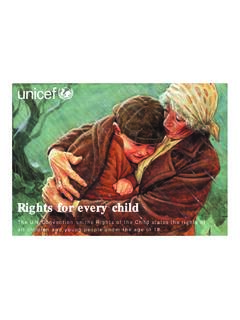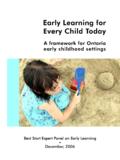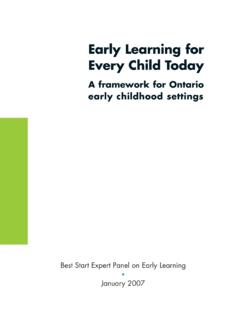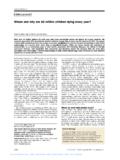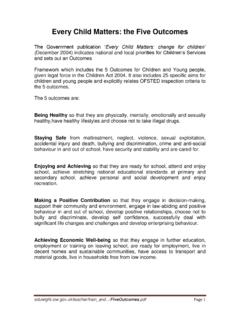Transcription of Six Pre-Reading Skills
1 Six Pre-Reading Skills (for children from birth through 5 years) Print Motivation Being excited about and interested in books What can you do? Make sure book sharing time is fun. For children with short attention spans, keep it short, but read more often. Don t get upset when they put books in their mouths. Read books you enjoy. Choose books about things that interest the child. Read with a natural, but cheerful voice. Print Awareness Understanding that print on a page represents words that are spoken, knowing how to follow words on a page, and knowing how to hold a book.
2 What can you do? Allow children to handle the book and turn pages. Use your finger to point out words as you move across the page. Pointing out signs in your environment. Read books with large bold print. Introduce the cover and talk about the author and illustrator. Phonological Awareness Understanding that words are made up of smaller sounds. Hearing and playing with smaller sounds in words. Phonological Awareness comes before phonics. What can you do? Encourage your baby to babble, changing the beginning sounds.
3 Sing songs. Clap along with the song. Use rhythm sticks and shakers. Do action rhymes. Learn nursery rhymes. For older children, substitute a non-rhyming word in place of the rhyming word and see if they notice the difference. Read books with rhyming texts. Play Say it fast; say it slow. Butterfly Butt er fly Turtle Tur tle Vocabulary Knowing the names of things, feelings, concepts, and ideas. Knowing the meaning of words and connecting words to objects, events, or concepts in the world.
4 What can you do? Any book will help with this, but choosing ones with words not used in daily conversation and nonfiction books are especially helpful. Label things. Narrative Skills Being able to describe things and events. Being able to tell and understand stories. What can you do? Talk with children about what you are doing. Ask them What? or other open-ended questions that cannot be answered with a simple Yes or No. Ask, What happens next? Allow young children time to respond. Be patient.
5 Tell stories. Encourage pretend play. Let them help you tell flannel board stories. Read stories with a beginning, middle, and end. Letter Knowledge Understanding that letters are different from each other. Recognizing letters and knowing that they have different names and sounds. What can you do? Let babies play with shapes. Allow children to handle letter shapes. Learn the alphabet song. Read alphabet books and books about shapes. Books where you have to find things. Help your child identify the first letter in his/her name.
6 Then find that letter in books, on signs, and other things in the environment. Based on Every Child Ready to Read @your library.
